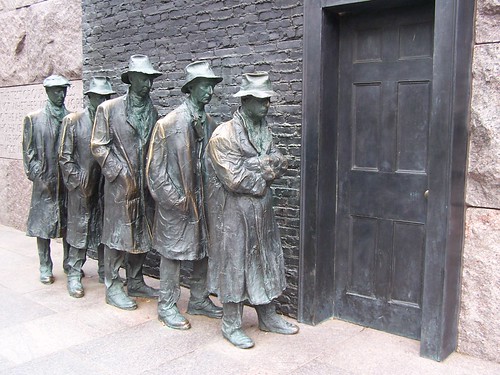
The University of Minnesota’s Joe Soss, recently interviewed for the Office Hours podcast about his new book Discliplining the Poor: Neoliberal Paternalism and the Persistent Power of Race, was featured in the Star Tribune thoughtfully explaining the lessons of his research for the Lori Sturdevant article “It’s Rarely a Luxury to Be in Need of Charity.” As Soss put it, “Our notions about who’s deserving of help and who isn’t are rooted in notions about individual effort and individual success or failure.” But, he told Sturdevant, “It’s become almost a Catch-22… You’re undeserving if you haven’t worked hard enough to lift yourself out of poverty. If you had worked hard, you wouldn’t be poor. So if you’re poor, you must be undeserving.”
And, the columnist relates, maybe, “In frontier Minnesota, hard work could rather reliably produce self-sufficiency. Suspicion of the poor as lazy or profligate arose easily when land was cheap or free, the population was exploding, and harvests of timber, grain and, eventually, iron ore were abundant beyond imagining.” Now that hard times are upon so many, it’s harder to write off the jobless or the poor as deserving of their fate. In this way, the Great Recession may also become something of a Great Equalizer, “opening eyes to to a new reality about work in America,” writes Sturdevant. As Joe Soss said, “Tougher times make people more likely to understand that poverty isn’t just about individual choices.”
